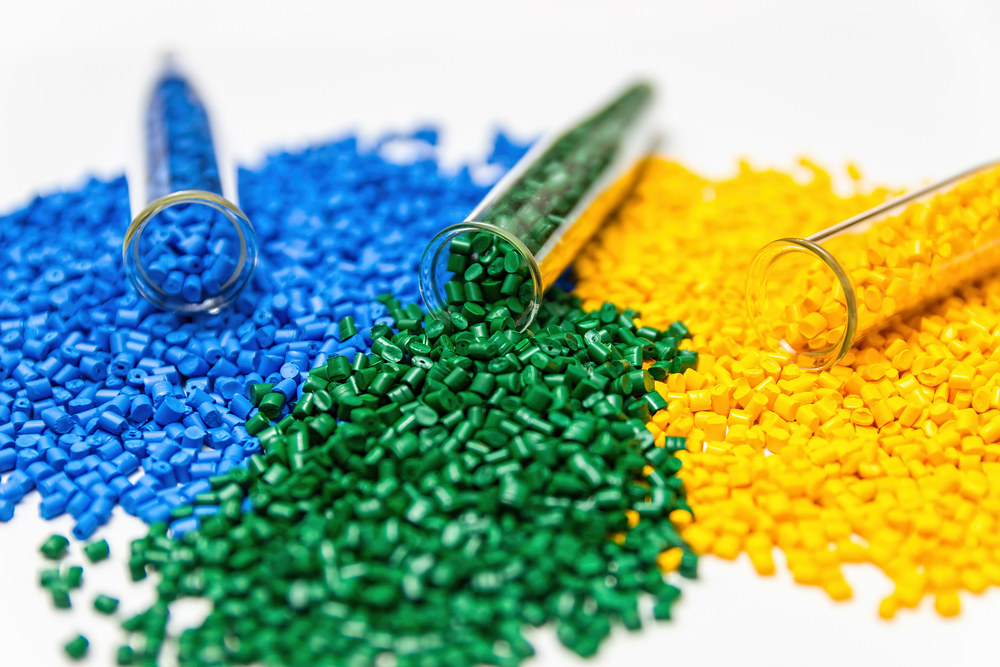European legislation is urging motor manufacturers to make cars increasingly recyclable – as well as requiring recyclers to recycle over 80% of vehicles from 2006.
But, plastics used to make parts like car bumpers have always been designed with a priority on toughness and safety – as well as lightness for fuel efficiency reasons – rather than being easily recyclable.
All this may be about to change, after a two-year research project backed by motor manufacturers' trade association SMMT found a way to use a special plastic in new cars that is ultra-strong and yet 100% recyclable.
SrPP
Researchers on the RECYCLE project have been looking into self-reinforced polypropylene (SrPP) – a special kind of lightweight polypropylene that does not require non-recyclable additives to be strong enough for making into car parts.
SrPP works by aligning plastic molecules in a complex heating and weaving process to boost its mechanical strength. However, until now it has proved difficult to shape, join and paint for use in mass production.
But engineers within the RECYCLE team have now perfected a special technique to allow car makers to use SrPP for car parts. They have already tested the process by making trial parts for the Lotus Elise which they say are 57% lighter than conventional parts.
Advantages
Project manager Dr Brendon Weager, who works for another project partner – Chesterfield-based NetComposites – explained: “Using this new material has a host of advantages. It will be easier and less expensive to mass-produce than other materials, because the tooling does not have to cope with high pressures or abrasive materials.”
“The finish is much smoother than glass fibre reinforced plastics, and it is safer to handle by human operators,” Dr Weager added.
| Related links: |
The scientists are now working towards full production, and the SMMT said several vehicle manufacturers are taking a keen interest.
More than 400 UK companies and universities have been participating in the research. As well as NetComposites and the Society of Motor Manufacturers and Traders' research arm – Foresight Vehicle – the project partners include Propex Fabrics, Warwick University, BI Composites, Trauma-Lite and London Taxis International.










Subscribe for free